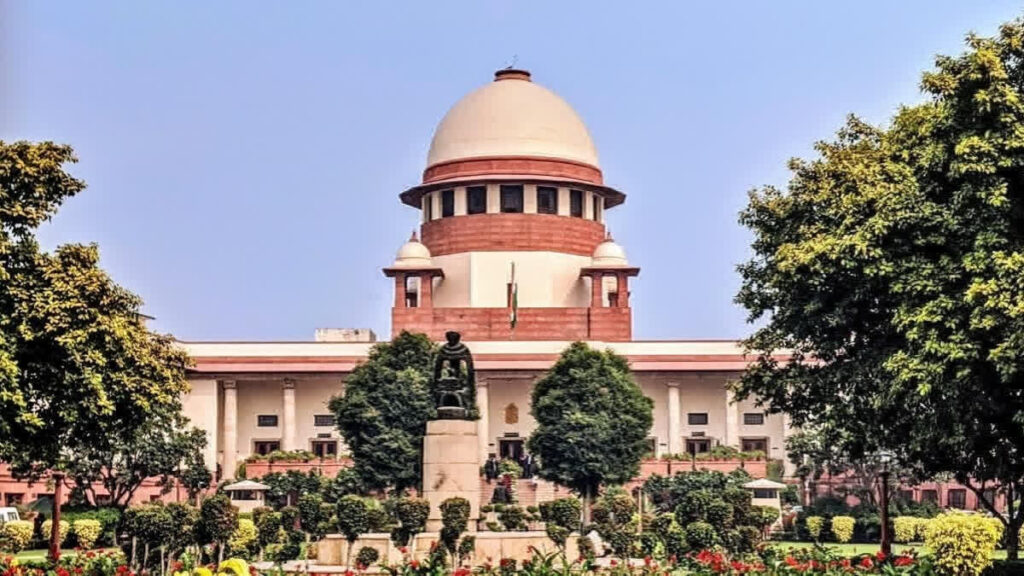Jahanvi Agarwal
On January 12, 2024, the Supreme Court declined to issue a stay on a recent law that set aside a previous Supreme Court judgment, excluding the Chief Justice of India (CJI) from the high-powered selection committee responsible for appointing the Chief Election Commissioner (CEC) and Election Commissioners (ECs).
Jaya Thakur, a Congress party leader, had filed the petition challenging the CEC and Other Election Commissioners (Appointment, Conditions of Service and Term of Office) Act, 2023, which replaced the CJI with a Union Cabinet Minister in the selection committee.
“How can we stay a statute?” questioned Justice Sanjiv Khanna, who led the bench, during the hearing. Despite not granting a stay, the Court issued a notice to the Union of India and scheduled the case for hearing in April. Senior advocate Vikas Singh, representing Jaya Thakur, argued that the new law undermines the concept of separation of powers.
The Act, according to Thakur’s petition, dilutes the Supreme Court judgment and raises concerns about compromising free and fair elections by excluding the CJI from the committee. The petition emphasized the importance of independent mechanisms for appointments in institutions supporting constitutional democracy. The petitioner argued, “The Prime Minister and his nominee would always be the deciding factor.”
In another petition by Gopal Singh, filed through advocate-on-record Sanjeev Malhotra and drawn by advocate Anjale Patel, the court was urged to implement an “independent and transparent system of selection.” The plea sought an injunction against the implementation of the Gazette notification of December 28, 2023, introducing ‘The CEC and Other Election Commissioners (Appointment, Conditions of Service and Term of Office) Act.’
The previous Supreme Court judgment had directed the appointment of CEC and ECs to be done by the President based on the advice of a committee consisting of the Prime Minister, the Leader of the Opposition in the Lok Sabha, and the Chief Justice of India. However, the new law altered the composition, ruling out the CJI and granting primacy to the government in the appointment process.
The central question posed by the petition revolves around the constitutional inquiry of whether the Parliament or any Legislative Assembly has the authority to nullify or amend a judgment previously rendered by the Supreme Court, especially when the judgment comes from a Constitution Bench.

